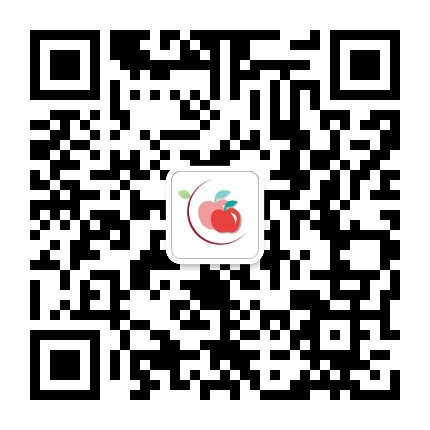iOS Signatures: The Ultimate Guide to Apple Signing
Apple signing is a crucial component of iOS development. Quite simply, if you want your app to run on an iPhone, iPad, or iPod Touch, it needs to be signed by Apple. In this guide, we’ll take a comprehensive look at iOS signatures, including what they are, how they work, and the different types of iOS signatures available.
What are iOS Signatures?
In simplest terms, an iOS signature is a digital certificate that validates the authenticity of an app and its developer. These certificates are issued by Apple and are used in combination with the app’s code to ensure that it can be run on iOS devices.
When an app is built using Xcode, it is signed using a certificate from Apple’s developer program. This certificate links the app and its developer to Apple and guarantees that the app is not tampered with in any way. If an app is not signed, it will not be able to run on an iOS device.
How do iOS Signatures work?
When an app is signed, it is combined with an entitlements file and a provisioning profile. The entitlements file defines the app’s capabilities and permissions, while the provisioning profile specifies which devices the app can be installed on. These files are combined with the app’s code and signed with a certificate from Apple.
When the app is installed on an iOS device, the device checks the app’s signature against Apple’s records to ensure that it hasn’t been modified. If the signature is valid, the app is allowed to run. If the signature is invalid, the app won’t run, and the user will receive an error message.
Types of iOS Signatures
There are three types of iOS signatures: Developer, Ad Hoc, and Enterprise.

Developer Signatures
A Developer signature is the most commonly used type of iOS signature. It allows developers to test their apps on their own devices and in the iOS simulator. Developer signatures are issued by Apple’s developer program and are valid for up to one year.
Ad Hoc Signatures
Ad Hoc signatures are used to distribute apps to a limited number of devices for testing purposes. These signatures are also issued by Apple and are valid for up to one year. Ad Hoc signatures are often used by enterprise development teams to test apps before distributing them through the App Store.
Enterprise Signatures
Enterprise signatures are used to distribute apps within an organization. They are issued by Apple’s enterprise developer program and are valid for up to three years. Enterprise signatures are only available to organizations with a valid D-U-N-S number and must be used exclusively for internal distribution.
Conclusion
iOS signatures are a fundamental part of iOS development and are essential for getting apps onto iOS devices. Whether you are a developer testing your app, an enterprise distributing internal apps, or a user downloading an app from the App Store, understanding iOS signatures is critical to ensuring the security of your devices and your data.
By following the guidelines for iOS signatures, developers can ensure that their apps are secure, stable, and ready for distribution. And for users, knowing that an app is signed by Apple is a sign of quality and reliability.
So whether you’re building the next great iOS app or just downloading one from the App Store, remember the crucial role of iOS signatures in ensuring the safety and security of all iOS devices.



